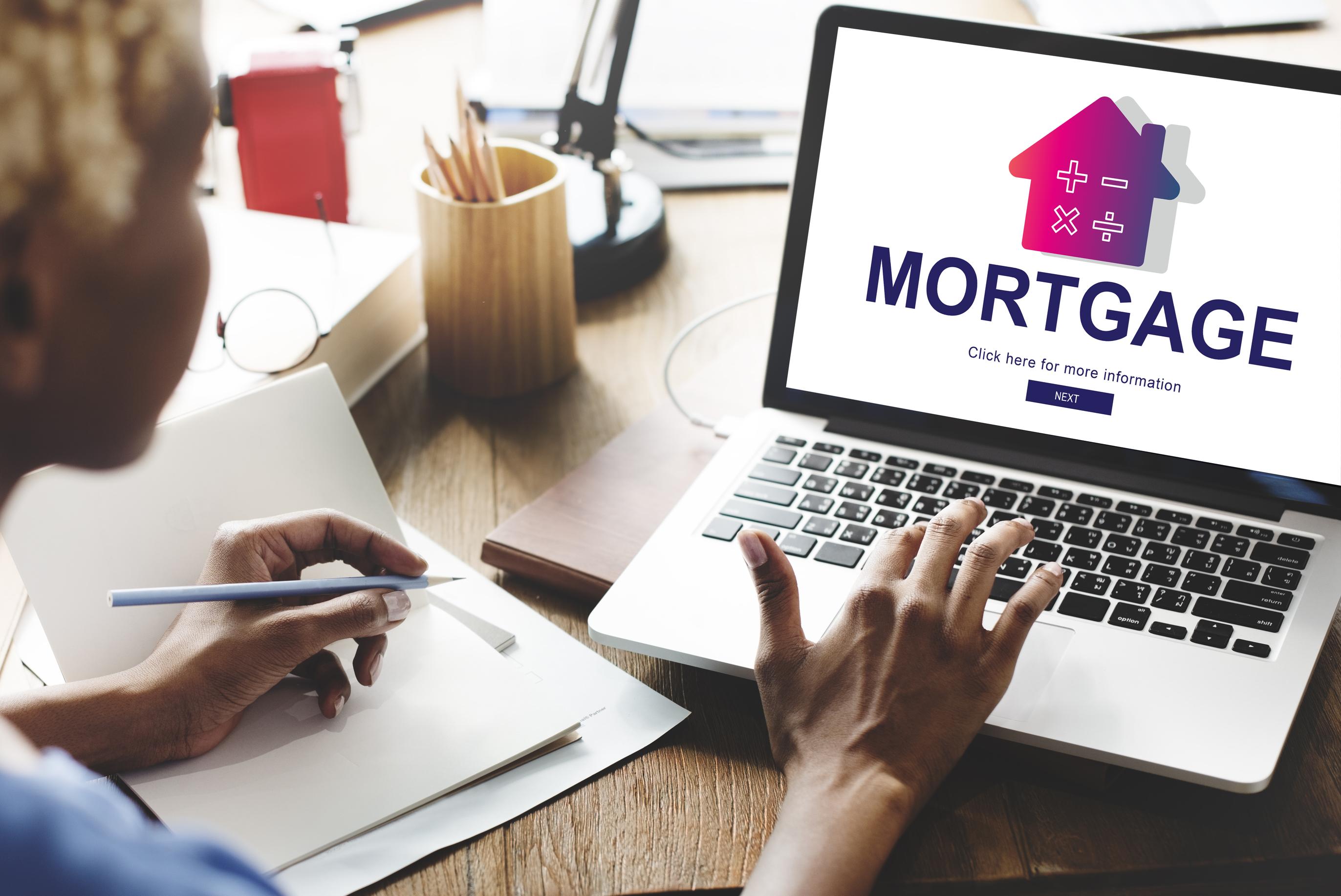


Buying your first home is a key chapter in your personal story. It’s also no small feat in this economic climate, so take a moment to congratulate yourself!
Learning about mortgages may seem overwhelming at first, but it doesn't need to be. Before you shop around for mortgages, it helps if you understand how they work, what are the main criteria and which schemes you might be eligible for. Once you have an idea of what having a mortgage entails, you’ll be ready to make a sound financial decision that will stand you in good stead for years to come.
Read on to discover answers to the following questions:

A mortgage is a loan homebuyers take from a financial institution or lender before purchasing a property. As hardly anyone has enough liquid cash to buy a home outright, getting a mortgage means that your lender – normally a bank – buys and pays for your house, and over a number of years you repay them a monthly sum plus interest.
Mortgages are used to buy a home or to borrow money against the value of a property you already own.
A mortgage agreement between you and a lender gives the lender the right to repossess your property if you fail to make repayments. How many repayments you may miss before you lose your home, the penalties incurred, and other conditions that apply will depend on your mortgage agreement. This is why you need to read it carefully before you sign, and agree to repay only what you can afford.
Ireland has a number of different mortgage types and rates on offer. Each of these has its own advantages and disadvantages. Always shop around to get a mortgage until you’re sure you’ve picked the right one. Alternatively, get in touch with a broker who will assist you in finding the best deal.
You can apply for a mortgage from any lender. They will carefully evaluate your finances and level of risk and might refuse you if they believe you are not in a position to repay their money.
Overall these are the standard mortgage requirements:
When it comes to criteria for getting a mortgage, the amount you take home in income also affects how much you can borrow. The Central Bank of Ireland places a cap of 4 times your gross annual income as your maximum mortgage amount.
Exceptions to this 4 times limit are difficult to come by, but you might be lucky in special circumstances.

Broadly speaking, there are three main mortgage interest rate types available for first-time buyers:
Learn more about the various mortgage rates available and the pros and cons of each.
Mortgage measures are put in place to ensure that lenders lend money sensibly. These lending limits also help prevent home buyers from borrowing more than they can afford.
There are two types of mortgage lending limits:

The Help-To-Buy scheme can aid first-time buyers by making the process of homebuying more affordable. Currently, you can only avail yourself of this scheme to buy a new-build house or apartment, not previously owned or second-hand properties.
Here's a quick overview of the help-to-buy scheme:
Since saving up enough money for a deposit is one of the first-time homebuyers’ biggest struggles, the help-to-buy loan can really help you get on the property ladder.
With the deposit taken care of, you’re free to concentrate on the more fun aspects of moving in–such as choosing furniture and throwing a housewarming party!
Getting a mortgage doesn't have to be stressful, especially as a first-time buyer. If eligible, you should definitely take advantage of the help-to-buy scheme, which will give you enough of a deposit to afford a lovely new-build home.
Prior to applying for a mortgage, ensure that your finances are in order by:
It would also be wise to learn more about the basics of interest rates: all you need to know is where they are now, and where experts predict they might head in the next few years. This will help you decide whether a fixed or variable rate mortgage is the better option.
If you wish to learn more about the homebuying process, feel free to check out our content hub for first-time buyers.